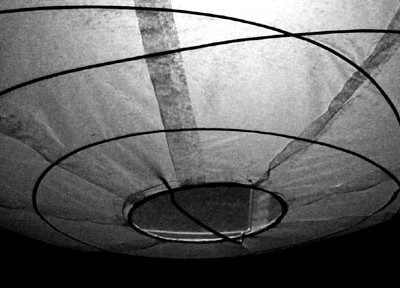To fill the day Chairman Mao goes on long walks. He buys a gold-tipped cane from a vendor stand, walks leaning heavily on it. He kicks at errant pieces of gravel, imagining the stones are the stars of the universe. He reads The Collected Works of Charles Dickens till he falls asleep in the study each night, head drooping on fleshy chest.
Chairman Mao is diagnosed with the diseases of old age. The doctor says he should take care of himself, informs him that youthful poverty plays havoc on the system. To assuage worries about diabetes and blood pressure and weight gain, Mao begins to take thirty blue pills a day to blot out the memories of having been useful. “Better off dead,” he tells his wife. “Better off dead.”
When his wife dies, Mao is invited to an office party. “It will cheer him up,” the new manager tells the staff. To celebrate Mao’s return they prepare his favourite dish–hong shao rou–and decorate the office with banners saying, ‘Welcome Back Chairman Mao’. But Mao appears disgruntled, dissatisfied. He castigates the new manager on changes under his tenure. He lectures on bookkeeping techniques, on cost benefit analyses, on labour reconciliation methods. He suggests promotions and censures, then sulks away home in the company car when he is gently rebuffed. “What use are my years of accumulated wisdom?” he asks the chauffeur wistfully, as the car rumbles over the city’s potholed roads. The chauffeur smiles indulgently. The elderly are difficult to answer.
Living alone, Chairman Mao begins to cultivate chrysanthemums in a quiet garden set away from the road. He tells his wife about the red flowers, and carefully weeds away the yellow and white ones. When she suggests that it is time he grows soursweet plum, he agrees bitterly.
The morticians arrive to take Mao away. He is aware of their granite faces, their unchanging expressions. But he complains that he is not quite ready, that he is grown thinner from having been forgotten, has stopped eating on the doctor’s orders, has much left to offer the world. But the morticians do not listen. They follow their orders, they wheel him away, Chairman Mao, old and forgotten, now soaking in a tub of brine.
Arijit Sen is a third-year MFA student at Arizona State University where he has served as Prose Editor of Hayden’s Ferry Review and Darts Champion of the program. In his spare time he pretends to work on an epic novel. He has been published or has work forthcoming in Prick of the Spindle and Cantaraville.

